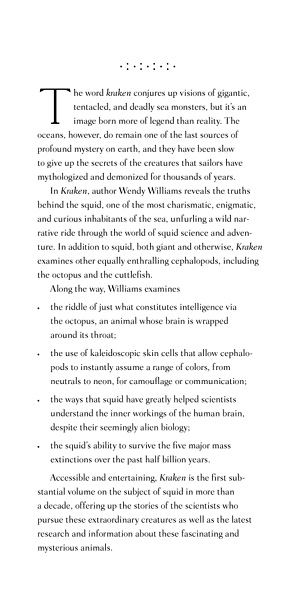
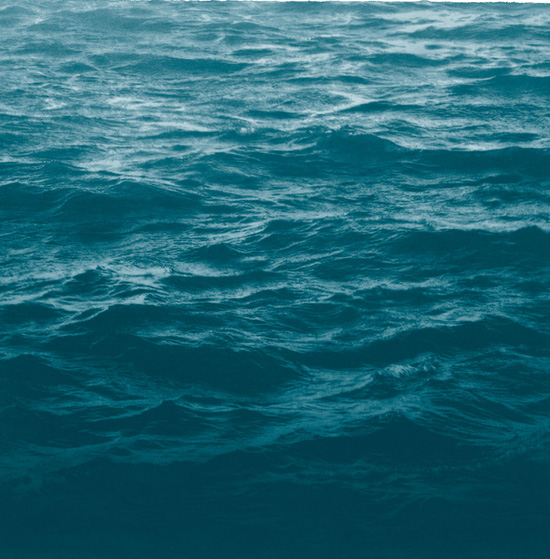
KRAKEN
ABRAMS IMAGE
NEW YORK

For
BELLA JEAN THOMAS,
who was fed by the ocean as a child,
and who loved the ocean
more than
anyone else I know
In our hearts, we hope we never discover everything.
E. O. WILSON
CONTENTS
INTRODUCTION
FROM VAMPIRE TO WALLFLOWER
All animals are the same but different.
NEIL SHUBIN, PALEONTOLOGIST
 n the 1930s popular author and naturalist William Beebe cobbled together the worlds first real-life deep-sea expedition with the help of fellow explorer Otis Barton. The teams exploration vehicle looked nothing like Jules Vernes sleek Nautilus. Small and round and crudely engineered by modern standards, the vessel was in diameter less than the height of a man, with three-inch-thick observation portholes and a bolted-shut door that imprisoned the men inside. The steel globe leaked, and to circulate oxygen internally, the men waved palm-leaf hand fans. Without an engine, Beebes bathysphere dangled helplessly from the topside support ship like a ball of yarn suspended from knitting needles.
n the 1930s popular author and naturalist William Beebe cobbled together the worlds first real-life deep-sea expedition with the help of fellow explorer Otis Barton. The teams exploration vehicle looked nothing like Jules Vernes sleek Nautilus. Small and round and crudely engineered by modern standards, the vessel was in diameter less than the height of a man, with three-inch-thick observation portholes and a bolted-shut door that imprisoned the men inside. The steel globe leaked, and to circulate oxygen internally, the men waved palm-leaf hand fans. Without an engine, Beebes bathysphere dangled helplessly from the topside support ship like a ball of yarn suspended from knitting needles.
Clumsy and dangerous, it nevertheless did the job. Over successive dives, Beebe and Barton sank deeper and deeper, descending eventually 3,000 feet into a miraculous, twinkling, watery universe never before seen by anyone. To Beebe, the eerie life-forms pulsating with energy and light were ethereal. One deep-sea animal looked to him like spun glass, another, like lilies of the valley. On one dive Beebe narrated his descent to an ardent North American and European radio audience. Listeners hung on every word, as avidly as they would decades later when American astronauts walked on the moon.
William Beebe felt awe for most of earths species, but for squid and octopuses he often expressed revulsion rather than reverence. He described a small Galpagos octopus as possessing a bulging mass of head and body with a horrible absence of all other bodily parts which such an eyed creature should have,nothing more than eight horrid, cup-covered, snaky tentacles, reaching out in front. The octopuss tentacles seemed to wave at him as if in some sort of infernal adieu.
His description of the vampire squid was graphically lurid: a very small but terrible octopus, black as night with ivory white jaws and blood red eyes, with sinister arms and webbing between the arms like a living umbrella.
Let us try to forgive Beebe his prejudices. After all, his emotional responses reflected the spirit of the age. Long before Beebes time another scientistwho apparently thought of this particular species as some kind of monstrous, diabolic chimerahad already named the animal: Vampyroteuthis infernalis, the Vampire Squid from Hell.
Its not hard to see why these men, denied the benefit of our modern scientific tools, found this particular little squid so repulsive. Half octopus and half squid (it may be an evolutionary stepping-stone between the two closely related groups), the foot-long vampire is semitranslucent with a jellyfish-like body texture. It has eight arms like an octopus, but it also has two bizarre antennae-like appendages that sometimes float in the water like cast-off fishing line. Probably evolved from feeding tentacles, these strange extremities seem to detect prey. Vampyroteuthiss usually blue eyes, the largest in the animal kingdom in proportion to body size, are capable of suddenly turning a devilish red, resembling the blazing coals of a Hadean fire. Hence, its hellish image.
A vampire squid

Today we know that Vampyroteuthis was misunderstood. The vampire squid from hell actually lives a rather humble, mostly slow-motion existence thousands of feet below the sea surface, often floating peacefully in the water column. It may not do much of anything most of the time.
Tiny and not particularly powerful, it must sometimes even resort to self-mutilation as a defense. When threatened, little Vampyroteuthis bites off one of its eight arm tips, which are decorated with bioluminescent blue lights. As the severed arm floats away, its blue lights glow, luring the enemy in the wrong direction.
Recent undersea videos show us a vampire thats more like a wallflower or a shrinking violet than a demon from hell. Rather than fight, the beleaguered squid sometimes wraps itself up in its own arms so that it looks kind of like a deep-sea tumbleweed. It may cavort and tumble in the water until the confused predator gives up. If that doesnt work, the squid might distract its enemy by ejecting clouds of ink filled with glowing particles. Undersea videos show an animal thats often beautiful to watch. Were we to name this species today, wed likely give it a kinder, friendlier name: maybe the wallflower squid, or the tumbleweed squid.
The more we get to know about the weird beings that live in the ocean, the less we fear them. Theres very cool stuff in the deep sea, and some of that stuff, while worth knowing about in its own right, has also helped us live better lives. Thats what Kraken is about. Its about how science and scientists work. Its about how we have learned that we are, more than Charles Darwin knew, truly kin to and beholden to all the other creatures of the earth. Kraken is the story of how the most serendipitous discoveries from the most unlikely creatures have revealed these basic connections, and about how field research, lab research, and ideas generated through scientific teamwork have not only provided insights into human biology but also created medical breakthroughs that have improved our lives. Over the past seven decades, Beebes bathysphere has morphed into a myriad of manned and unmanned submersibles that have taken us all, as voyeurs if not as actual voyagers, into marvelous deep-sea universes. During those same years, weve also made remarkable journeys in genetic research and basic biology, aided, in part, by squid.
It turns out that the vampire squid is our distant cousin, albeit many (many) times removed, and that, curiously, we share a lot of basic biology. Moreover, tantalizing clues hint that some species of squid may be intelligent and capable of learning from experience. Weve seen that the Humboldt squid, like dolphins, hunt in well-coordinated packs. Cuttlefish communicate with each other in intricate code, using a language of flashing colors and skin patterns. Octopuses build themselves houses. (They also like cast-off beer bottles, but prefer brown glass to clear, and short necks to long necks.) Some octopuses can untie silk surgical sutures.

I came by my appreciation for cephalopodssquid, octopuses, cuttlefish, and the nautilusquite by accident. On Cape Cod, where I live, squid are generally regarded as either restaurant food or fish bait. But when I spent a summer as a science journalism fellow at the Marine Biological Laboratory in Woods Hole, Massachusetts, several biologists told me that squid deserved the Nobel Prize for their contributions to human medicine. Bypass the scientists and go directly to the animal thats made the science possible, they told me. They were only half joking. That we can learn so much about our own bodies by studying such animals was, for me, a revelation.
Next page




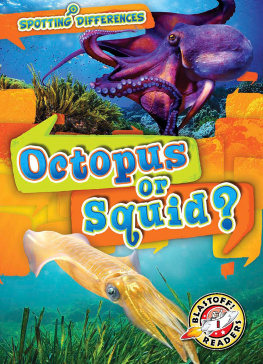
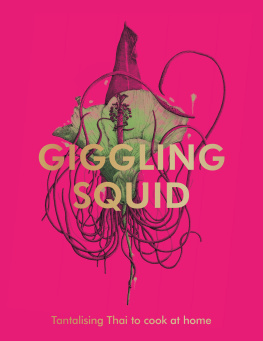
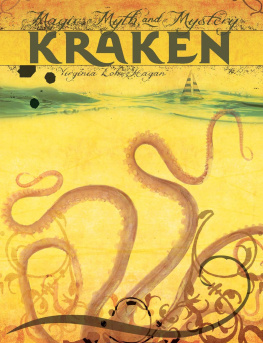
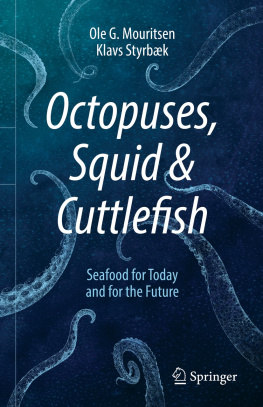
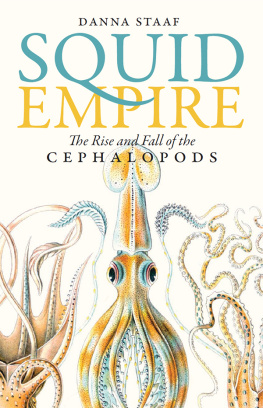
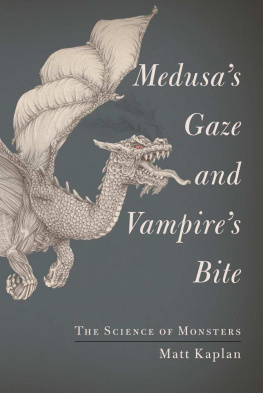
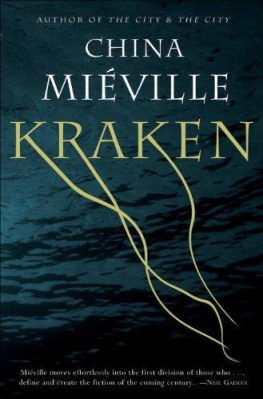




 n the 1930s popular author and naturalist William Beebe cobbled together the worlds first real-life deep-sea expedition with the help of fellow explorer Otis Barton. The teams exploration vehicle looked nothing like Jules Vernes sleek Nautilus. Small and round and crudely engineered by modern standards, the vessel was in diameter less than the height of a man, with three-inch-thick observation portholes and a bolted-shut door that imprisoned the men inside. The steel globe leaked, and to circulate oxygen internally, the men waved palm-leaf hand fans. Without an engine, Beebes bathysphere dangled helplessly from the topside support ship like a ball of yarn suspended from knitting needles.
n the 1930s popular author and naturalist William Beebe cobbled together the worlds first real-life deep-sea expedition with the help of fellow explorer Otis Barton. The teams exploration vehicle looked nothing like Jules Vernes sleek Nautilus. Small and round and crudely engineered by modern standards, the vessel was in diameter less than the height of a man, with three-inch-thick observation portholes and a bolted-shut door that imprisoned the men inside. The steel globe leaked, and to circulate oxygen internally, the men waved palm-leaf hand fans. Without an engine, Beebes bathysphere dangled helplessly from the topside support ship like a ball of yarn suspended from knitting needles.
